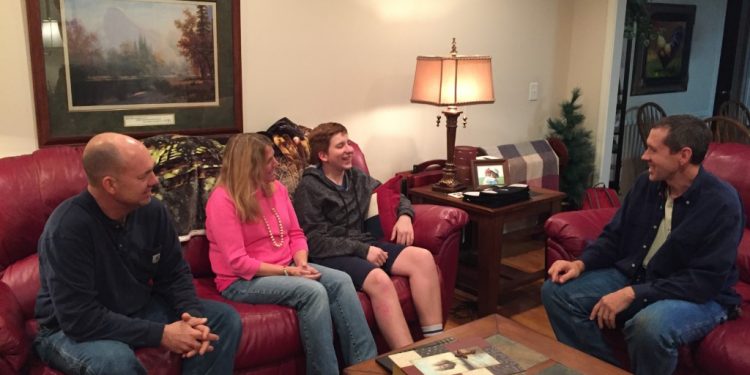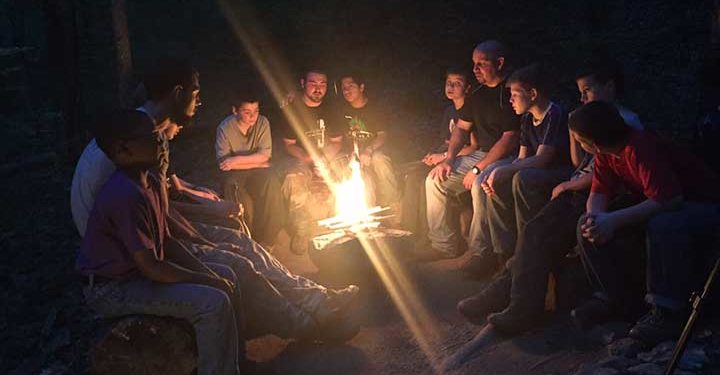Prepared for Success
After graduating, Bradley has been a different person. He is doing well in school, making friends and even joined the Boy Scouts. But it hasn’t been perfect. As we were preparing to conduct the interview for this article, Scott almost canceled it due to some problems they were having with Bradley. The difference now is that they have the tools to work through problems.
Like at camp, the family has a pow-wow every evening where they discuss the day – what went well and what could have gone better. They also discuss what will be happening the next day. “Camp is still an accountability partner for Bradley,” Scott explains. “We ask, what would the chief say? How would your group respond to this behavior? We are constantly using the principles that we learned from camp to solve problems.”
For older brother Taylor, it’s like having a new brother. “Now when he makes a bad decision, he stops to think about it,” he observes. “We are able to have deep conversations as brothers about meaningful things. God definitely used Fair Play to change Bradley!”
“We are still on a journey. Every day we are committed to continued growth,” Scott comments. “Camp was a God-send. We have no idea where we would be without it. There is not a better place in the world where we could have sent Bradley for help! There is not a better support system for families.”


